How to infuse your yoga practice with meaning: Devata Yoga
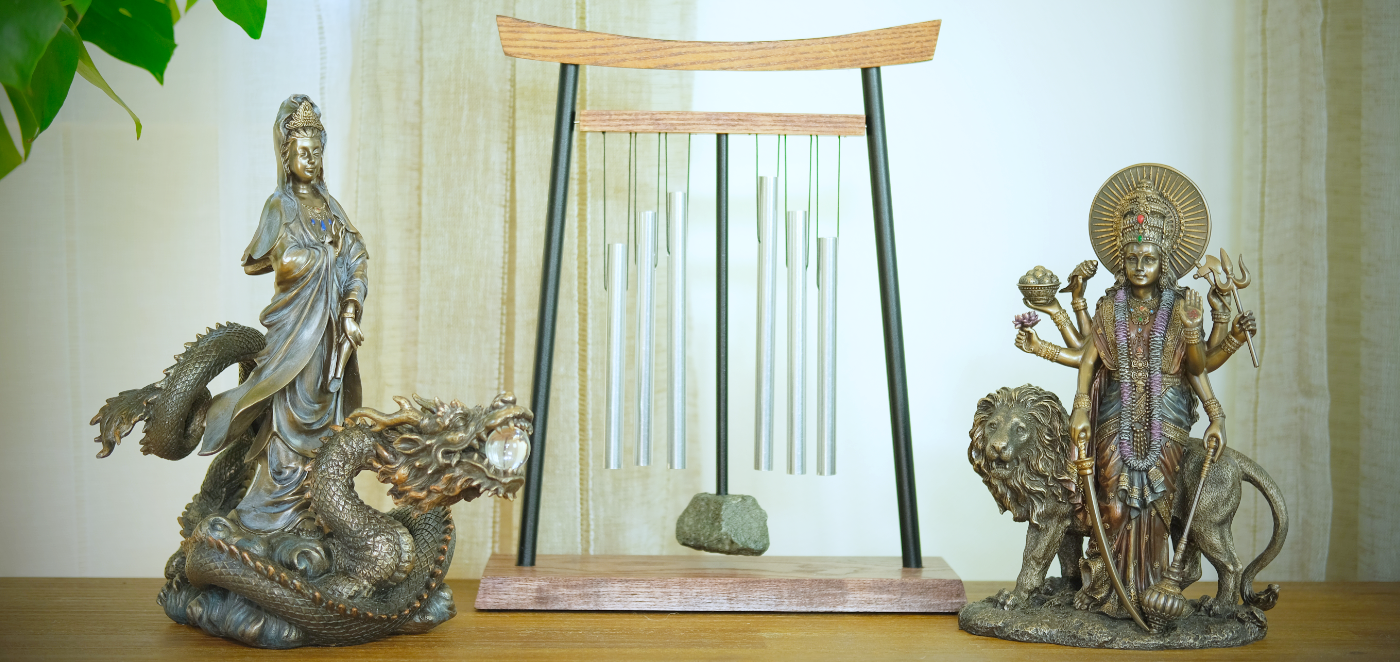
In our home yoga practice and in our work with our students, we always seek to make the yoga practice personal and relevant to the practitioner. This can only happen if the practice deals with the issue(s) that the practitioner is experiencing, whether on the physical, physiological, mental-emotional or spiritual level. Creating an individualized and relevant yoga practice is not easy, because beyond the obvious physical symptoms, many yoga practitioners don’t know what they are looking for and what’s even possible. Some view the process of self-inquiry as scary, or time-consuming, or futile, or even self-indulgent.
One way to overcome those challenges is to explore Devata (or Deity) yoga. Deity yoga is not really about worshiping a certain God or Goddess; it goes much deeper than that. In Devata yoga, a Deity represents our Divine Human Potential and by establishing relationship with the Deity, we attempt to actualize that Divine Potential within us.
It works like this: first you select a Deity that appeals to you, for example, I feel a strong connection to Durga, Divine mother. Then you generate a mental image of that Deity and very specific qualities associated with that Deity. For example, the qualities that I most admire about Durga are her unconditional love toward all humans (viewed as her children) and the fierceness with which she protects them. She fights the demons without her ego getting in the way. Her battle is the battle of knowledge over ignorance and truth over falsehood. As a mother myself, I understand very well how it feels to love your child unconditionally, but I would like to extend a similar type of compassion, love and patience I have for my kid toward other humans, as well. And I am very interested in identifying my blind spots in terms of my habits and patterns of behavior and becoming more reflectively self-conscious about them. I could work on developing those qualities by using the image of Durga in my yoga practice as a symbol for them. Devata yoga postulates that all the qualities we wish to cultivate are already present within us, they are just concealed by the veil of ignorance and our misconceptions about our true nature. By connecting to a Deity that personifies those qualities, we would reveal the qualities within ourselves and begin to embody them.
There are specific tools that Devata yoga uses to “generate the living presence of the Deity” before us and within us. Those tools include Mantra, Yantra, Nyasa and Puja.
• Mantra is a sacred sound that represents and evokes Divine energy. Most Deities have a mantra that conveys the essence of that Deity. Recitation of that mantra facilitates mindful absorption and helps us to “take on” the qualities of the Deity.
• Yantra is geometrical diagram that represents the complex relationship between the Divine energy, its Source, and the mind of the meditator. Most Deities are represented by a specific yantra. To take on the qualities of the Deity through yantra, we would study it, contemplate the meaning of the symbols within it, envision the yantra, and ultimately become one with the yantra and its meaning.
• Puja is a ceremony of giving prayers and offerings to a Deity and receiving forgiveness and blessings. These offerings may include flowers, foods, oils, herbs, incense, lights, and so on. Each object has its own symbolic meaning.
• Nyasa is a symbolic gesture of placing the mantra onto one’s body so that the body becomes the seat or temple of the Deity.
The key to a meaningful practice in Devata yoga is to figure out which symbols, gestures, rituals or chants awaken the sense of connection and joy in a specific person. Those elements can be more traditional or deeply personal. And when we include those elements in our yoga practice, they can help us feel more inspired, infuse our life with the sense of purpose, give us strength and courage to face life’s challenges, and reveal the essence of who we are.
Here is an example of an integrated practice that encourages you to embody the quality of fierceness by connecting to Durga.
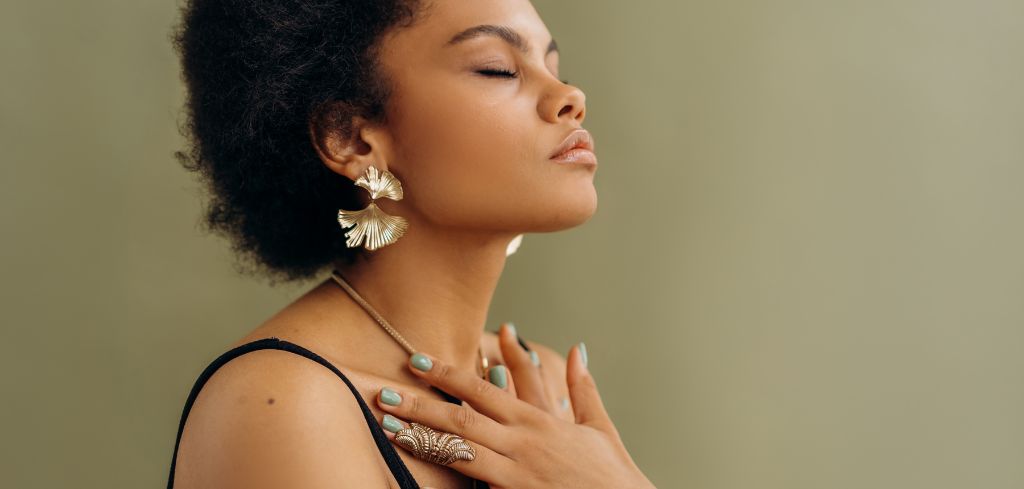
Explore how we can use yogic tools to focus our attention, build mental strength, cultivate emotional resilience, and gain clarity in our thinking.

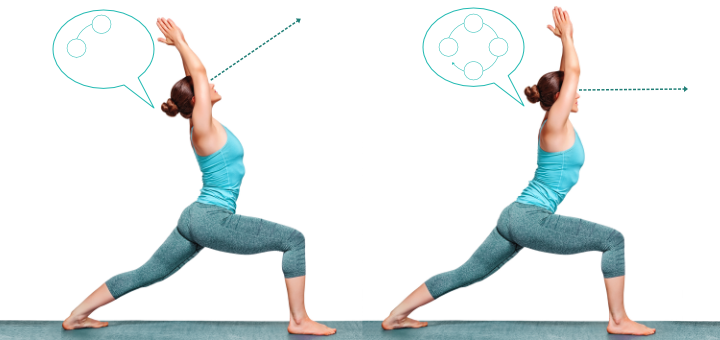
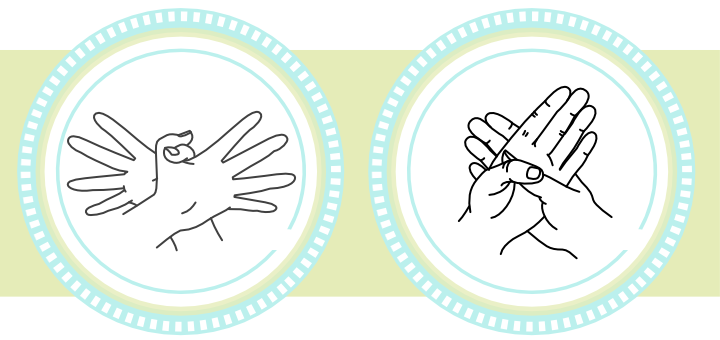
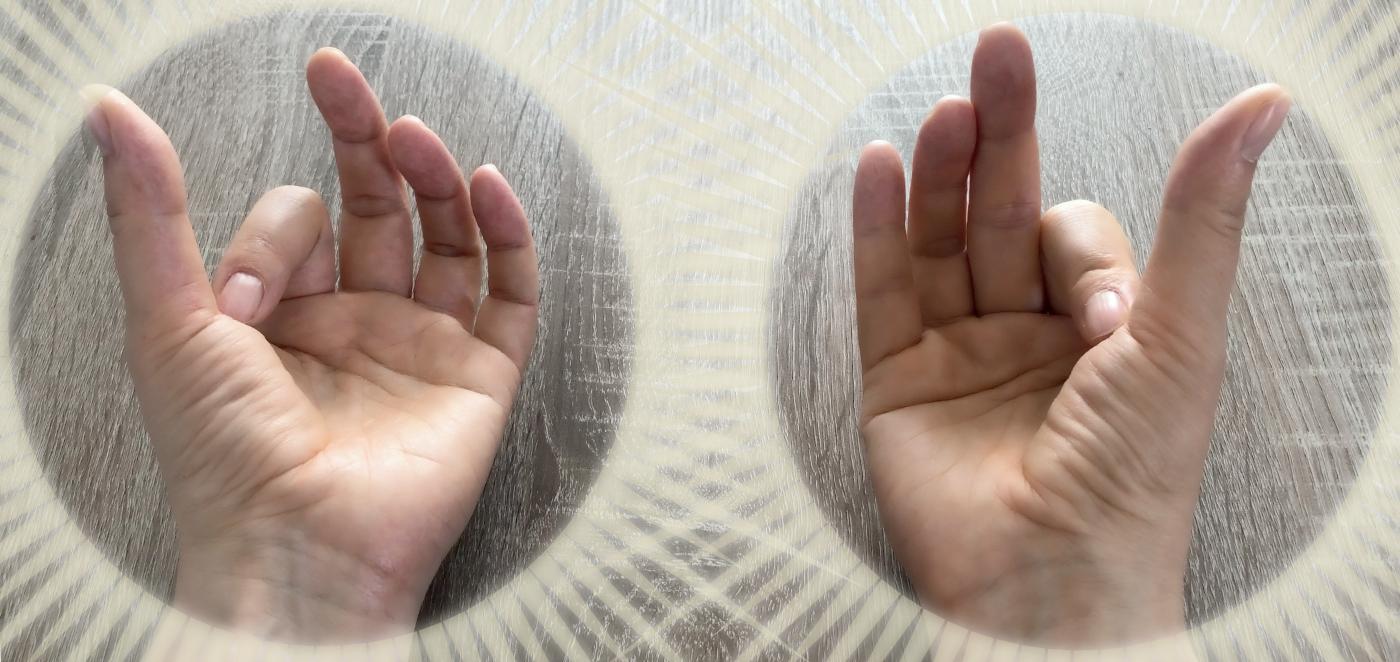
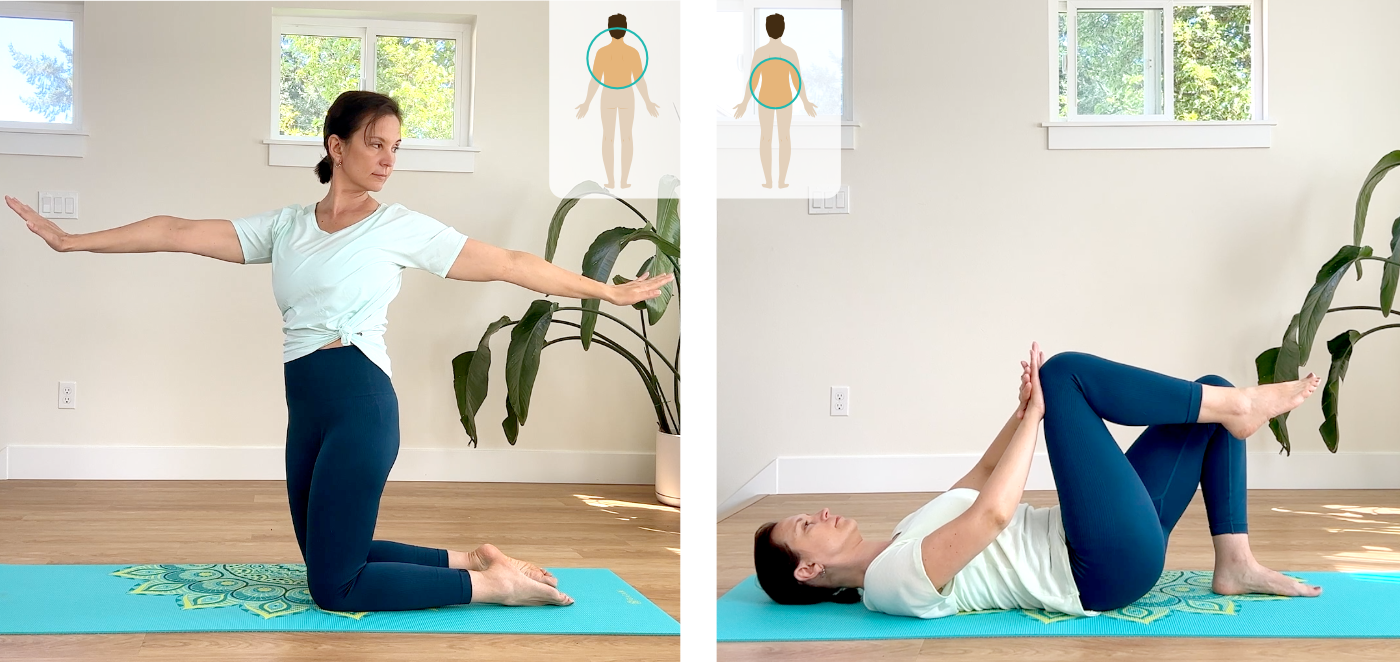
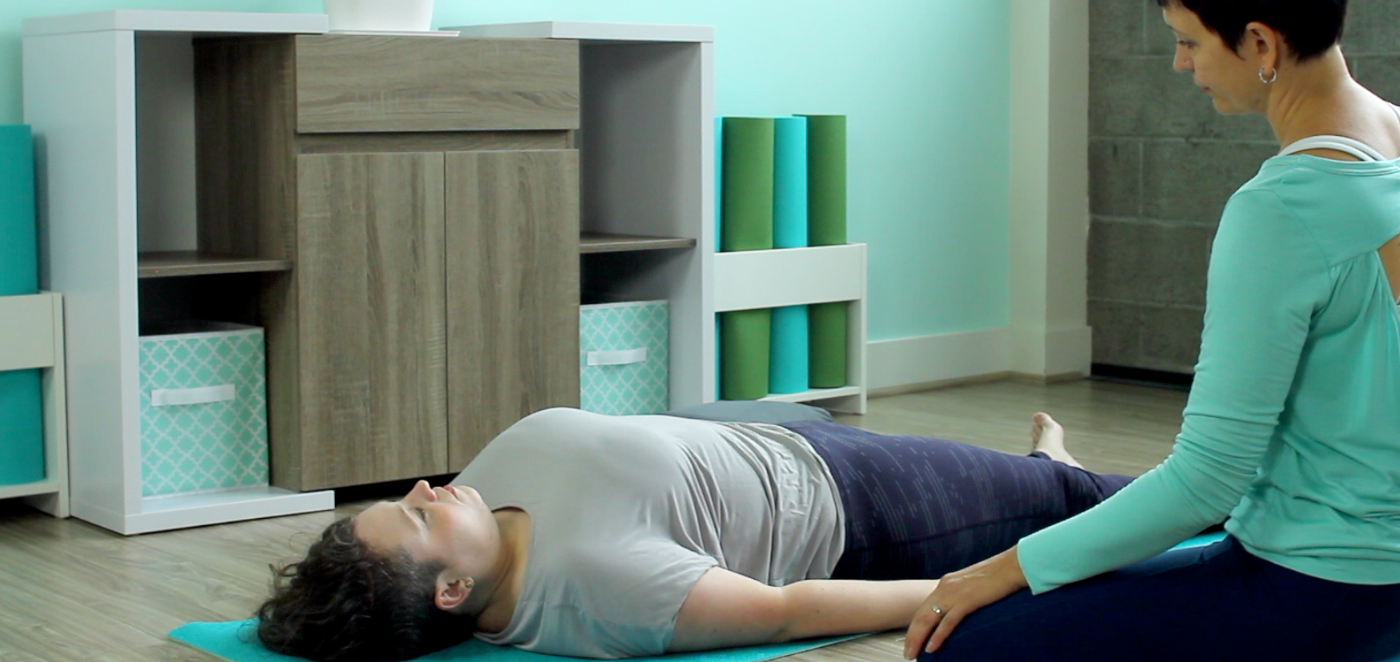

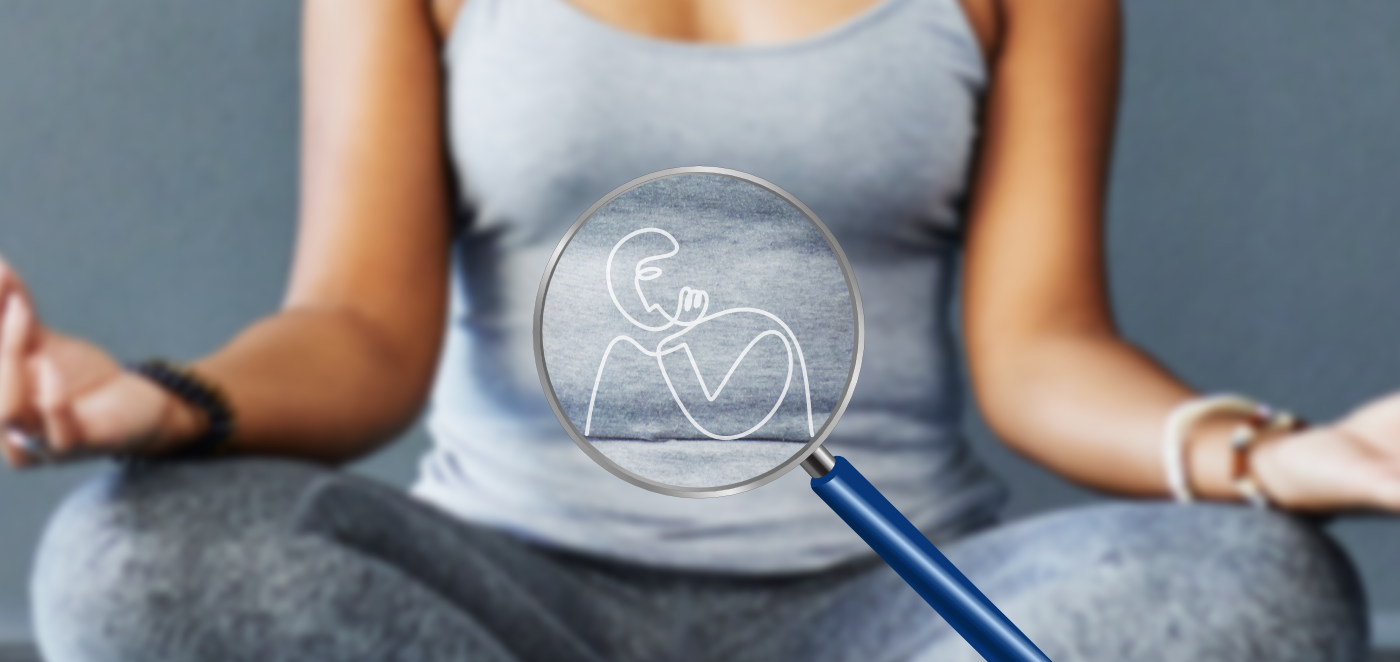
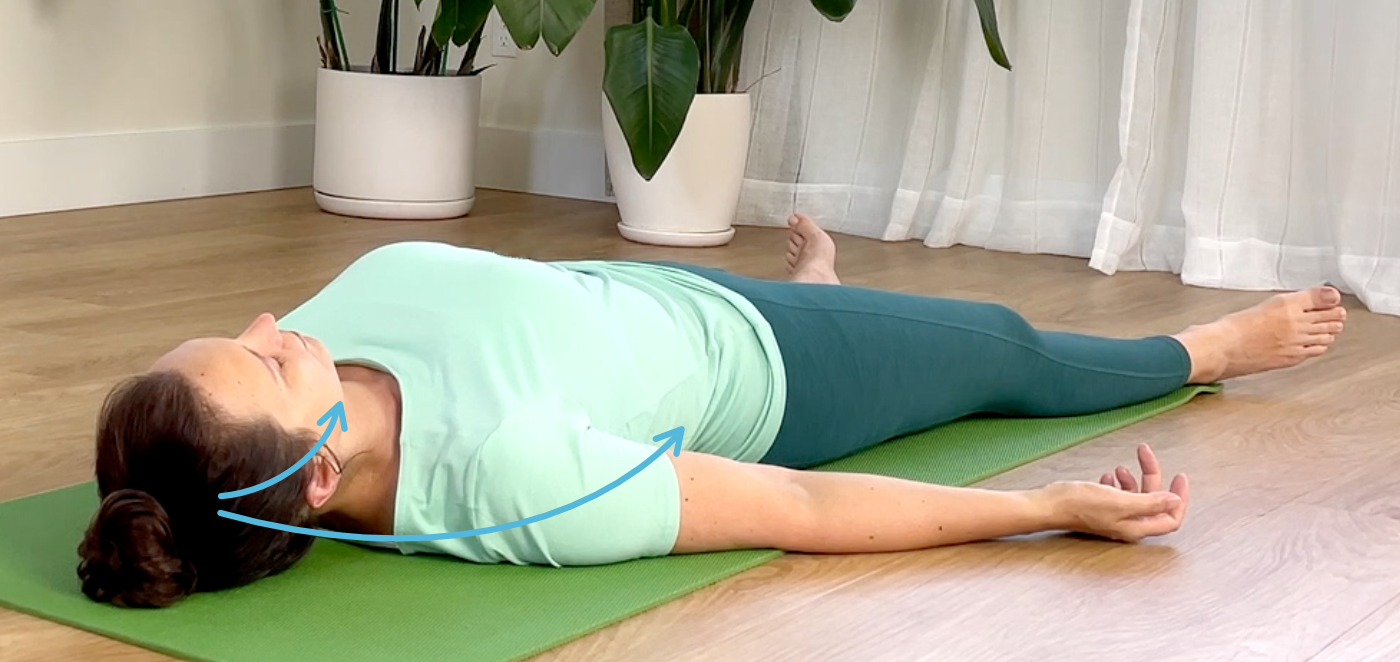
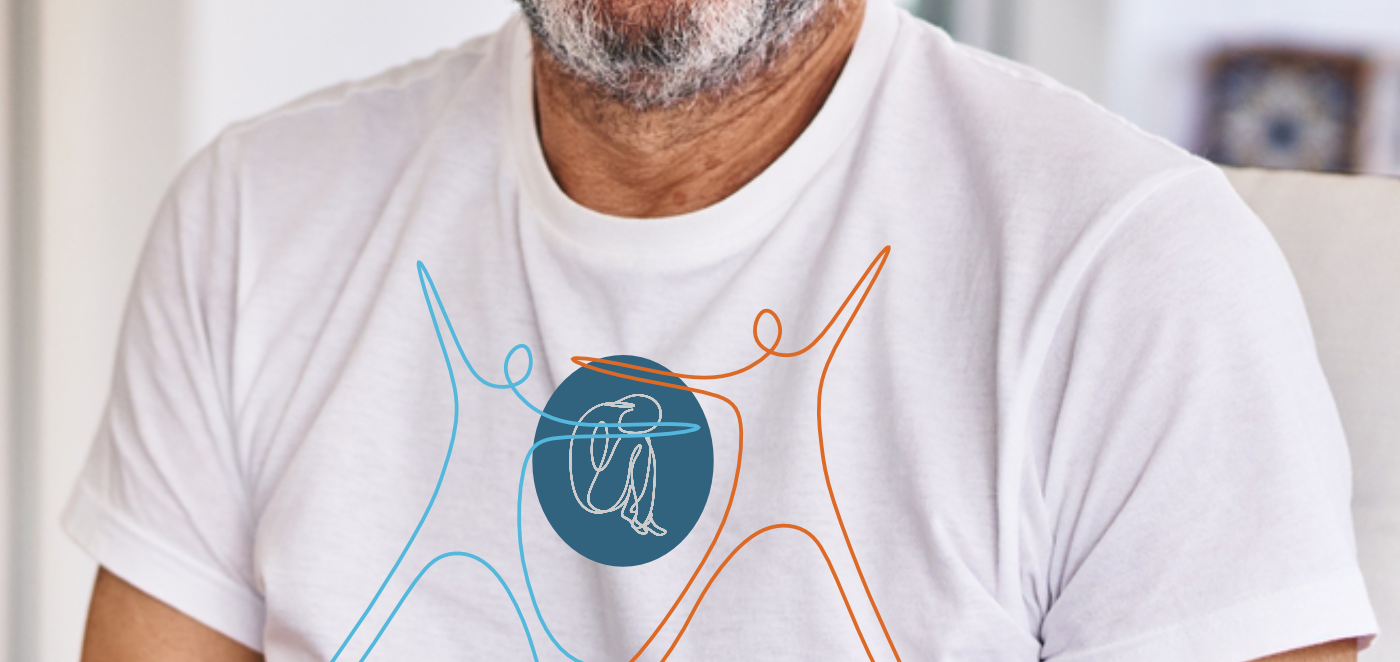
So looking forward to your teaching on nyasa!